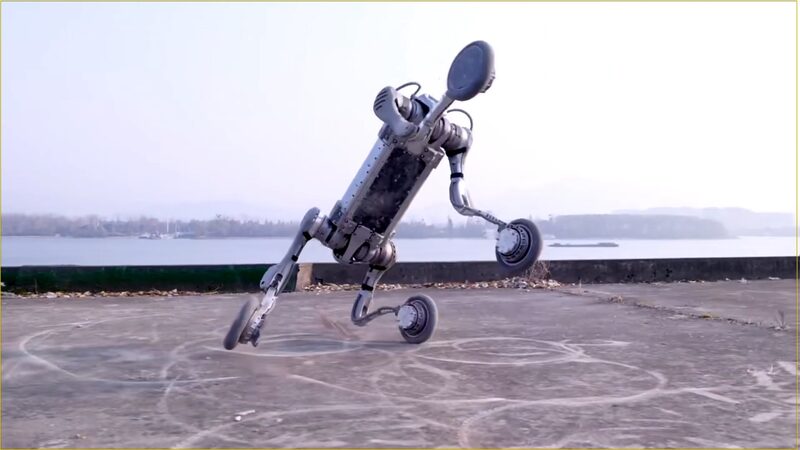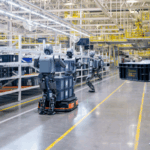Would you let an AI-powered robot operate on you? This question dominated discussions at the healthcare section of the 2025 China International Fair for Trade in Services (CIFTIS) in Beijing, where surgical robots demonstrated bone and abdominal procedure simulations with startling precision.
Exhibitors revealed that over 3,000 robotic systems are already deployed in hospitals across the Chinese mainland, claiming advantages in reduced human error and faster recovery times. "These machines don't replace surgeons – they enhance human capabilities through millimeter-level accuracy," explained a medical technology representative from Peking Union Medical College Hospital.
The momentum aligns with recent findings in Nature journal, which highlighted robotic systems' potential to "redefine surgical standards" through human-machine collaboration. However, fair attendees expressed cautious optimism. While 28-year-old engineer Zhang Wei called it "the inevitable future of medicine," retired teacher Li Min questioned: "Would you want to be someone's beta test during open-heart surgery?"
As China positions itself at the forefront of medical AI innovation, the debate continues: Will autonomous surgery become the new standard of care, or remain confined to controlled demonstrations? The answer may determine the next evolution of global healthcare practices.
Reference(s):
cgtn.com








